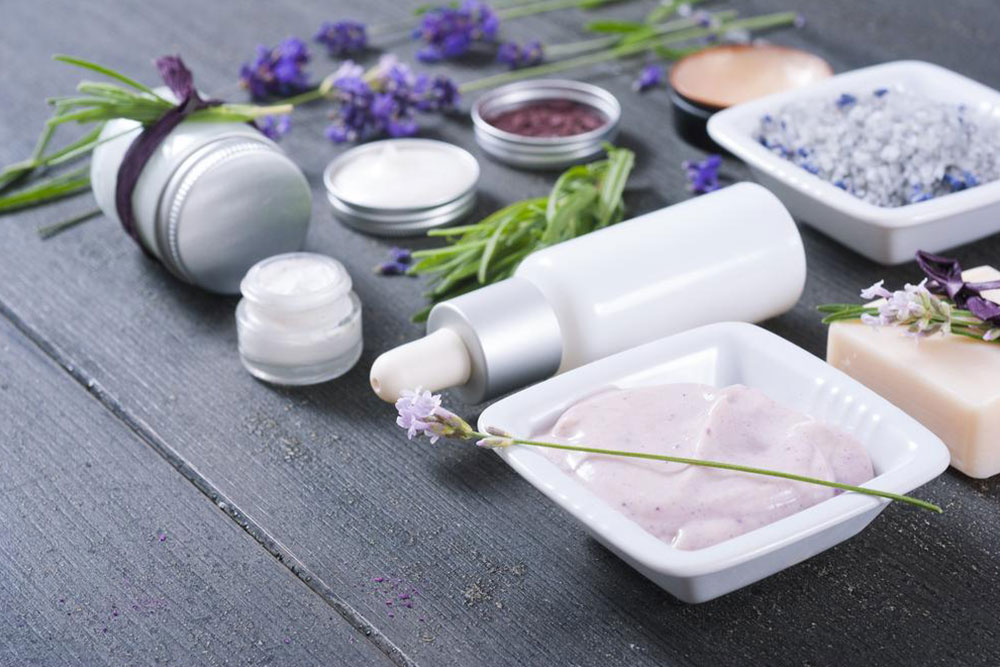Comprehensive Guide to White Blood Cells: Understanding Their Role and Effective Strategies to Boost Your Immunity
This comprehensive guide explores white blood cells' vital role in immune health and provides effective, natural strategies for boosting their levels. Learn about the importance of nutrition, lifestyle modifications, and natural remedies to enhance your immune system, prevent infections, and maintain overall wellness. Ideal for those seeking to strengthen immunity naturally and improve health through informed choices.

Comprehensive Guide to White Blood Cells: Understanding Their Role and Effective Strategies to Boost Your Immunity
White blood cells (WBCs), also known as leukocytes, are critical components of our immune system, serving as the body's primary defense mechanism against infections, pathogens, and diseases. They play a vital role in identifying and destroying foreign invaders such as bacteria, viruses, and fungi, thereby maintaining overall health and wellness. Understanding how WBCs function, what affects their levels, and how to naturally enhance their numbers can significantly contribute to strengthening your immune system and reducing susceptibility to illnesses.
White blood cell counts are a crucial marker of immune health. Normal levels typically range from 5,000 to 10,000 cells per microliter of blood. When WBC counts drop below 3,500, it indicates leukopenia, which can compromise the body's ability to fight off infections. Severe leukopenia, with counts falling below 1,000, significantly increases the risk of infections and illnesses.
Low WBC levels can result from various factors such as viral infections, autoimmune diseases, bone marrow disorders, certain medications, or nutritional deficiencies. Identifying and addressing these underlying causes is vital. When a specific cause isn't identified, lifestyle modifications and dietary adjustments can play a substantial role in supporting and boosting WBC production naturally.
Effective lifestyle strategies to enhance WBC levels:
Sauna Therapy: Regular sauna sessions expose the body to heat, causing temporary dehydration and stimulating immune responses. This heat stress can elevate counts of various WBC types, including lymphocytes, neutrophils, and basophils, thereby enhancing immune surveillance.
Cold Environment Exercise: Exercising in cold conditions can activate adaptive immune responses, leading to increased production of WBCs such as neutrophils, lymphocytes, and monocytes during recovery periods. This natural short-term increase bolsters immune readiness.
Resistance Training: Particularly among men, resistance exercises like weight lifting have been shown to boost WBC counts during and after workouts. Engaging in regular resistance training can improve overall immune function by stimulating WBC production.
The Role of Nutrients in WBC Enhancement
Vitamin E: An Immunity Ally
Vitamin E is a potent antioxidant that supports immune health by facilitating the development of white blood cells. It helps protect immune cells from oxidative stress, thereby maintaining their functionality. Adequate vitamin E intake promotes B-cell activity, which is essential for producing antibodies—proteins that target and neutralize pathogens. Rich dietary sources of vitamin E include nuts like almonds and hazelnuts, seeds, vegetable oils such as sunflower and olive oil, as well as green leafy vegetables like spinach and broccoli. Supplements are also available for those with deficiencies.
Protein: Building Blocks of Immunity
Proteins provide the amino acids necessary for synthesizing new WBCs. A diet rich in lean protein sources ensures the body has the raw materials needed for optimal immune cell production. Without sufficient protein intake, the immune system's ability to respond effectively diminishes. Excellent sources include lean meats, poultry, fish, eggs, beans, lentils, and dairy products. Maintaining adequate protein levels is especially important during illness recovery or periods of immune suppression.
Zinc: A Crucial Mineral for Immune Defense
Zinc plays an essential role in the development and function of immune cells, including WBCs. It aids in the proliferation of lymphocytes and macrophages, enhancing the body's ability to fight infections. Zinc deficiency can impair immune responses and increase vulnerability to illness. Food sources high in zinc include shellfish such as oysters and crab, red meats, chicken, dairy products, as well as plant-based options like legumes, fortified grains, nuts, and seeds. Supplementation may be recommended in deficiency cases.
Natural Remedies to Support WBC Production
Consume foods rich in vitamin C, which enhances WBC activity and overall immune response. Citrus fruits, strawberries, bell peppers, and kiwifruit are excellent sources.
Incorporate yogurt blended with turmeric into your diet, leveraging turmeric's anti-inflammatory and immune-boosting properties.
Eat leafy greens such as kale, spinach, and Swiss chard daily to provide antioxidants and vital nutrients.
Drink freshly prepared juices from pomegranate and beetroot, which are known for their immune-enhancing compounds.
Use copper vessels for storing drinking water, as copper has antimicrobial properties that support immune health.
Add nutrient-dense foods like sesame seeds, raisins, and dates into your meals to boost overall immunity.
By adopting these lifestyle and dietary practices, you can naturally support your body's ability to produce and maintain healthy white blood cell levels, thereby fortifying your immune defenses and improving overall health. Regular check-ups and consultations with healthcare professionals are recommended to tailor strategies to your individual health needs.





